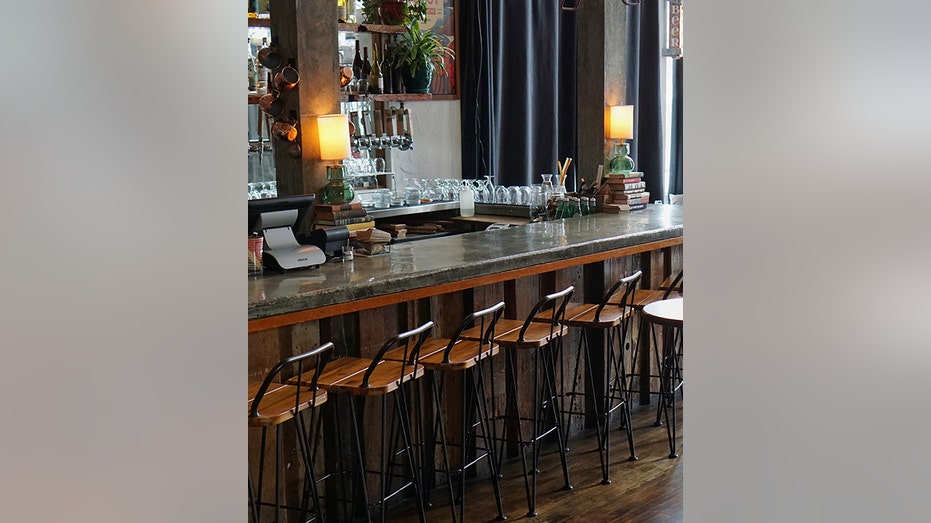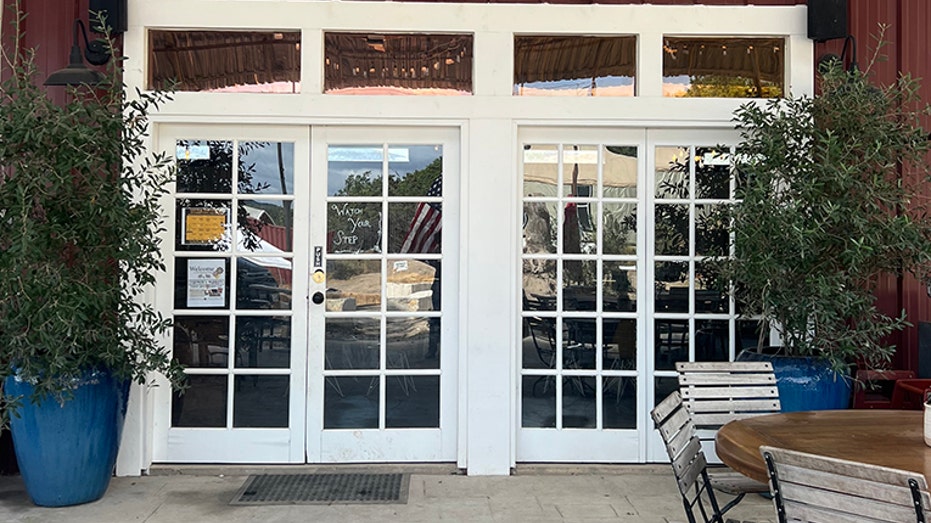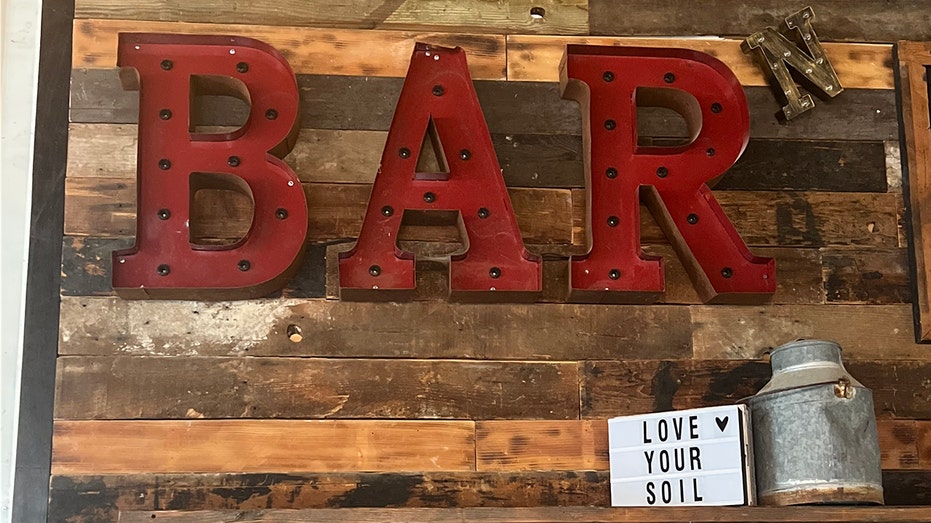A regenerative farmer and restaurateur who closed several of her California eateries is now facing the possibility of shutting down her remaining two locations.
Mollie Engelhart, owner of Sage Regenerative Kitchen, said despite her continuous attempts to keep her restaurants afloat, they are “barely hanging on by a thread.”
“It doesn’t feel like we can hold on because I’ve run out of assets to literally liquidate, to keep us above ground and above water,” Engelhart told FOX Business. Engelhard said she and her husband “leveraged everything” including their retirement and home, in hopes that things would turn around.
“I’ve sold many other assets trying to keep this afloat believing that there would be a shift, there would be a moment that ‘okay, we can get back to a regular flow of guests, we can get back to a regular life, and it just hasn’t recovered in that way,” she added.
Her last two locations are located in Pasadena and Echo Park, both of which are in the Los Angeles area.
CALIFORNIA FAST-FOOD WORKERS DEMANDING MORE PAY
Engelhart said a combination of factors in recent years have made it nearly impossible to financially recover.
Engelhart explained that as business was picking up after the pandemic, a series of strikes in Hollywood began, including among the Writers Guild and Screen Actors Guild. It hit the restaurant hard because many people who work in the film industry had to cut back on spending.
After the strikes ended, these customers were still trying to recover financially, she said. Couple that with rising costs due to inflation and increased minimum wages, she added.
THE FAST FOOD MINIMUM WAGE EFFECT: HIGHER PRICES, REDUCED HOURS

Under the new state minimum wage law that went into effect in April, pay rose from $16 to $20 an hour for restaurants that have at least 60 locations nationwide, except those that make and sell their own bread. While Engelhart didn’t fall under that category, she was still impacted. She argued that it’s not just fast food places that have to pay more; all types of restaurants, including fine dining and casual ones like hers, have to compete for workers now.
“I more than anything want this to work. I missed thousands of hours with my children and birthday parties and weddings and all types of things to build this business,” Engelhart said. “Now just losing them because I can’t make payroll. I never imagined that that’s where I would be.”

Before the pandemic, Engelhart said that all five of her restaurants generated a combined revenue of $20 million and employed 350 people. Today, her revenue dropped to about $4 million, and she reduced her staff to around 50 employees. She now has one general manager and one kitchen manager overseeing her last two locations.

Aside from slashing the number of employees, Engelhart expanded her once Vegan-only menu with meat from her Texas ranch “hoping that would bring more butts to the restaurant.”
“We have pivoted in so many different ways over the whole pandemic, from having a grocery section, from doing frozen meals, from doing family meals,” she recalled.

Engelhart is still hoping things take a turn for the better in California. For now though, Engelhart and her husband are focused on boosting business at Sovereignty Ranch in Bandera, Texas.
They purchased the land in 2020 and turned it into a hospitality ranch, a regenerative farm and most recently, a restaurant called the Barn.
Read the full article here















